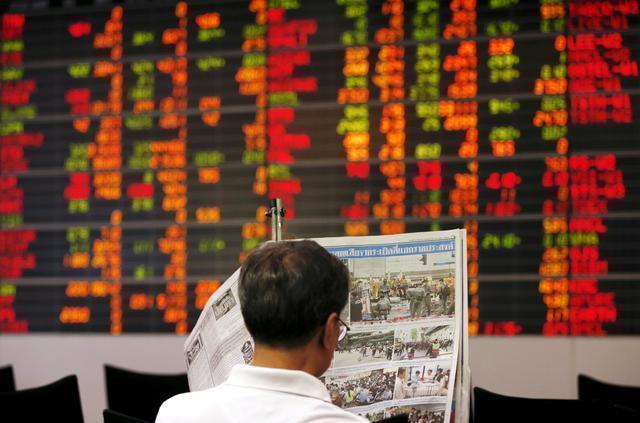Turkey’s foreign trade deficit jumped 138% to USD 110.2bn in 2022, hitting an all-time high. The country’s exports increased by 12.9% to USD 254.21bn while its imports climbed by 34.3% to USD 364.39bn in 2022, compared to the previous year. “Our goal is to ensure that Turkey takes its place among the top 10 exporting countries in the world,” President Recep Tayyip Erdogan said, underlining that Turkey’s exports in Turkish liras reached nearly TRY 350bn last year. “The number of countries and regions to which we export with our national currency has reached 197,” President Erdogan added.
Trade Minister Mehmet Mus, meanwhile, stated that the adverse impact of the parity on exports nearly amounted to USD 700m in December 2022 and hovered around USD 14bn on an annual basis. Moreover, Mustafa Gultepe, Chairman of the Turkish Exporters’ Assembly (TIM), announced that Turkey’s export unit value surged by 14.7% to USD 1.44 last year.
Clothing and textile industrialists, who experience difficulties in competition due to rising costs and decreasing foreign demand, met Treasury and Finance Minister Nureddin Nebati to discuss possible solutions. Sector representatives conveyed their proposals about the victims of delayed pension age (EYT) regulation, minimum wage, and energy costs, while the special foreign exchange (FX) rate practice was among the agenda items of the meeting. Industrialists demanded a higher FX rate around TRY 22-23 from the Central Bank for 50% of their companies’ export revenues corresponding to labor and energy costs. Manufacturers told daily EKONOMI that the ministry will carry out work for the proposal.
Turkey’s benchmark stock index ended the first trading day of the new year at 5,661.10 points with an increase of 2.76%, hitting another all-time high. Borsa Istanbul’s BIST 100 index, which also broke an intraday record of 5,661.49 points, gained 151.94 points from the previous close with a daily trading volume of TRY 114.2bn. The global equity markets have had a fluctuant course due to the increasing number of daily coronavirus cases in China following the removal of the lockdown measures while the busy macroeconomic data agenda will be influential on the direction of the markets in Turkey, according to analysts. They said 5,450 points will be the support level and 5,5680 points will be the resistance level for the BIST 100 index, in technical terms.
DAILY AGENDA
The Consumer Price Index (CPI) rose by 1.18% and annual inflation fell to 64.27% in December, according to the Turkish Statistical Institute (TurkStat).
The Domestic Producer Price Index (D-PPI) dropped by 0.24% in December, month-over-month, according to TurkStat. The D-PPI surged by 97.72% on an annual basis.
Meanwhile…
>> The Istanbul Chamber of Industry (ISO) Turkey Manufacturing PMI (Purchasing Managers Index) increased from 45.7 to 48.1, month-over-month in December 2022, hitting a 6-month high. However, the index continued to remain below the threshold level of 50.0 for the tenth consecutive month.
>> Turkey’s raw steel production dropped by 30.7% to 2.4 million tons in November 2022, compared to the same month of the previous year, according to the Turkish Iron and Steel Producers Association (TCUD).
>> The interest rate to be charged for delayed payments to creditors in the goods and services supplies has been set at 11.75% in line with the Turkish Commercial Code, according to the Central Bank.
READ A SELECTED ARTICLE FROM OUR MAGAZINE:
>> Happy anniversary to the big FX operation!
Our Eco Analysis Columnist Alaattin Aktas examines the macroeconomic developments from September 23, 2021, when the Central Bank started rate cuts, to December 20, 2022.









